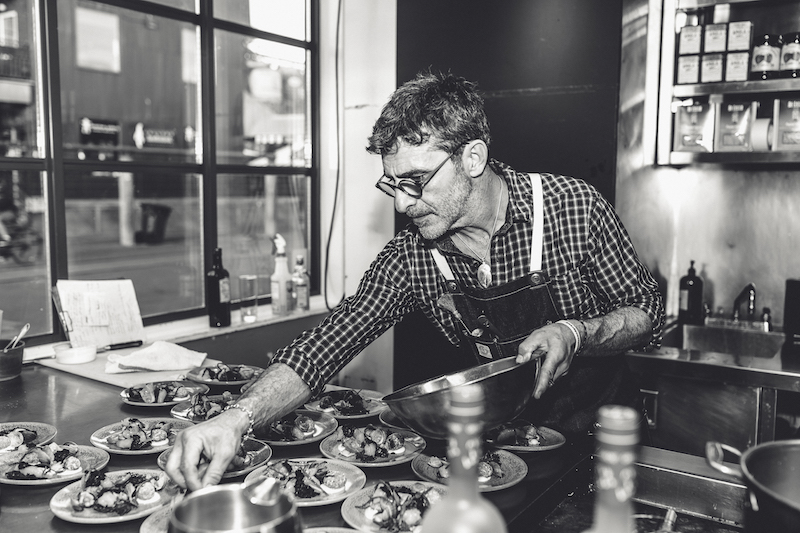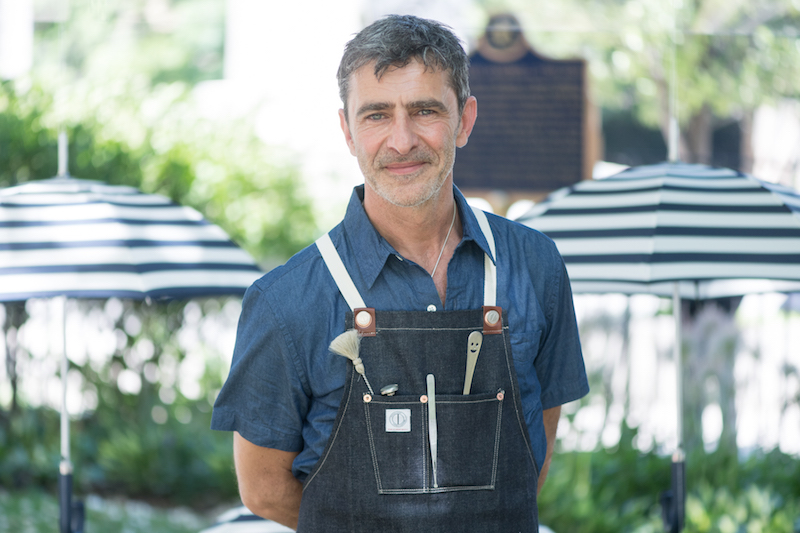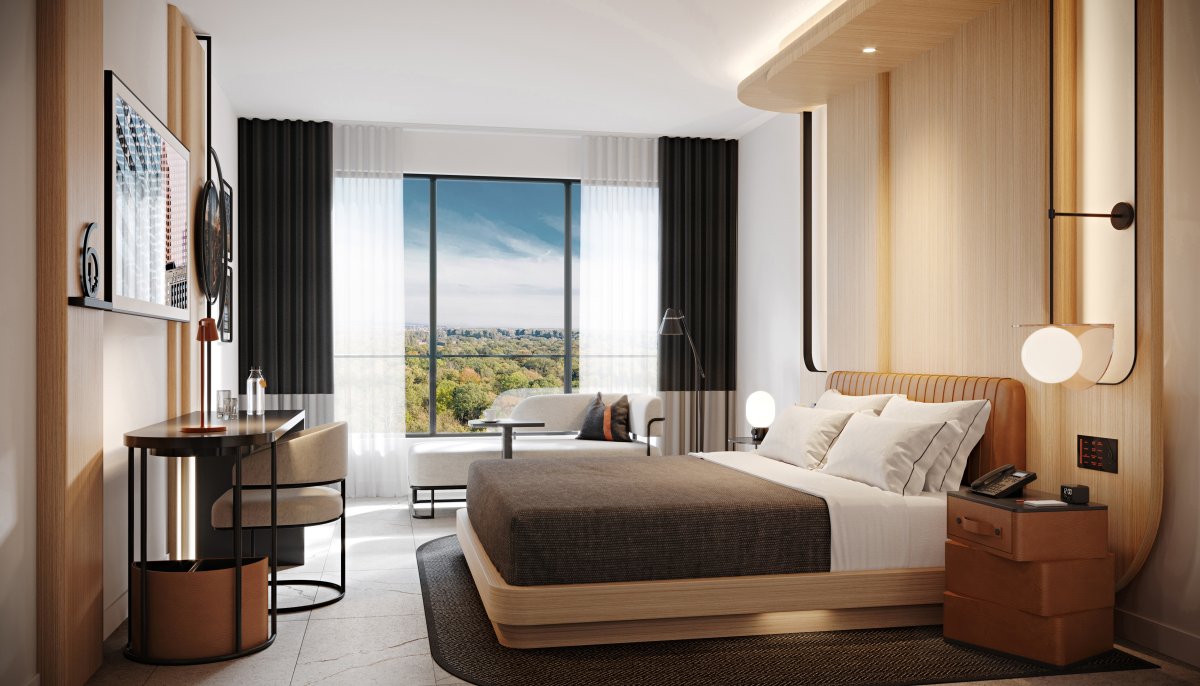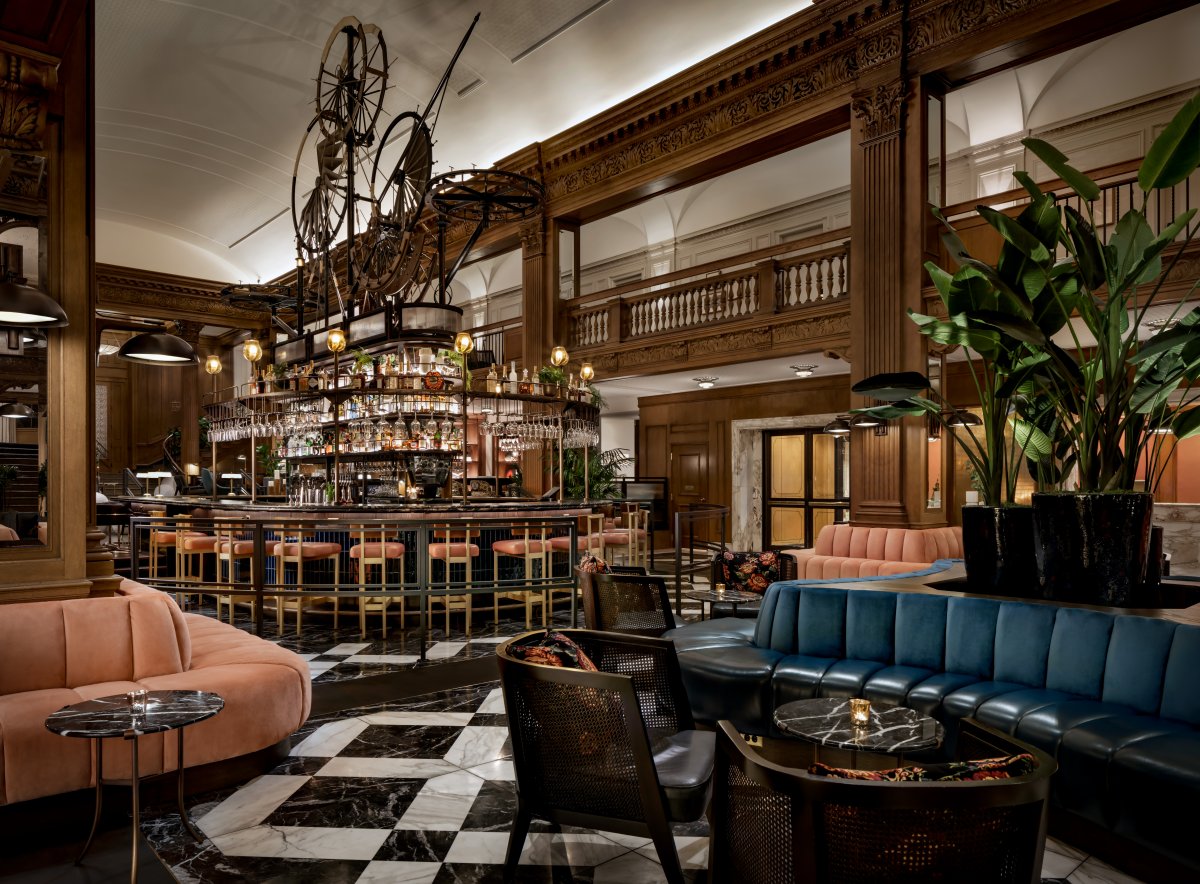Two Michelin star chef Christophe Dufau, of Les Bacchanales, shares his secrets to creating a memorable dining experience.
Written by Noah Goad
Dufau has a distinguished career. The Michelin-star chef is known around the globe, having appeared on international television shows, participated in food festivals, and hosted master classes worldwide. In October of 2000, Dufau was awarded the First Prize in “Cuisine Provençale” in Sainte Maxime. Ten years later in February 2010, he won first prize in the Badoit Contest for “gastronomic innovation” at the celebrated Omnivore Food Festival in Deauville, France.
In Canada for a collaborative prix-fixe dinner in Montreal, and the Grey Goose Marché in Toronto, Dufau was able to sit down with the Bay Street Bull to talk about culture and how to create a memorable dining experience.
What have you learned about food that brings people together?
The experience of sharing makes people come together around the table. The first thing — which I do in my restaurant as soon as people sit down — is give guests something to eat straight away; something you put in the middle of the table that people can pick up and eat with their fingers. It makes people more relaxed.
What is a common denominator between all the cultures you’ve visited and cooked for?
Other cultures are different, but you can learn from everybody. There are similarities everywhere, for sure. Enjoying new types of food while traveling around the world is what I love about traveling. But then there’s also differences between cultures. Look at the beginning of the Romans, when they were ate, they were lying down. The fork came around the 1500-something in Italy. Now, we sit down. In England, everybody’s just eating their sandwich [in solitude] and they don’t meet around the table.
How do you think food culture has changed in your experience
We always say, ‘Oh, the world is going bad with pollution and everything else,’ but we have never had products — from vegetables to fish — as good as we have now. The producers are conscientious about the quality of food, and are producing less, like wine.
How can Canadians define our cuisine?
You have to work with the products and traditions you have. Maybe it’s a weird, old bit of the country’s food history, but you can freshen it up. It’s about thinking up new techniques, keep using real produce, and then creating the new Canadian cuisine. I don’t know about it [in Canada], but I can imagine, because it has happened in France before, and then in Italy, and in Scandinavia today. Now, we have a culture.
What was your first memory around food?
My first memory of food is with my grandmother and my mother, in the kitchen. I’ve been cooking with them since I was nine years old. When my brothers were playing outside, I was in the kitchen , because that is what I already loved. I always knew I wanted to be a chef.
What elements do you think define a really great dining experience?
Choosing real produce and real seasoning, is what matters. It is for sure the real product. If you bring the nicest product you can find and season it right, you’re almost done. And then you need to watch the temperature, even if its a cold dish. The temperature is important.


What have been some of the biggest challenges in building your business, especially given your commitment to this quality?
Getting people into your dining room. If you’re doing food, you can be great, but if nobody’s coming, it doesn’t matter. You have to let people know that you exist. It’s not only, ‘I open a restaurant, and then, people come.” No. You need to market it for that. Communication, it’s important. I’ve done some dinners already in Montreal, years before, and this too [is marketing]. I have customers from Canada who come to the south of France to visit.
Running a quick kitchen and a business requires a leader, so how do you lead and motivate your team?
In my restaurant, I have two waiters, and the rest of my staff is chefs. The chefs go into the dining room to serve their own food, which is a good motivator. Also, I’m very calm in the kitchen; I’m not screaming. It’s very crucial to lift people up by saying to them, This is good, what you’ve done. Go and bring your plate to the customer. See the reactions, and present your food. They get more confident this way instead of giving the plate to a runner, and it’s only the runner who sees the room.
This interview has been condensed and edited.













